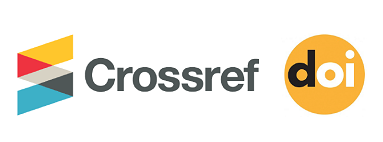Real-Time AI-Driven Attribution Modeling for Dynamic Budget Allocation in U.S. E-Commerce: A Small Appliance Sector Analysis
DOI:
https://doi.org/10.69987/JACS.2023.30904Keywords:
Multi-touch attribution, Dynamic budget allocation, Real-time marketing analytics, Artificial intelligence optimizationAbstract
This study presents a comprehensive framework for real-time AI-driven attribution modeling to optimize dynamic budget allocation in the U.S. small appliance e-commerce sector. Traditional attribution methodologies demonstrate significant limitations in capturing complex customer journeys across multiple marketing channels, resulting in suboptimal resource allocation and reduced return on investment. The proposed framework integrates deep neural networks with reinforcement learning techniques to process multi-dimensional customer interaction data, enabling precise attribution of conversion value across marketing touchpoints. Implementation analysis reveals a 92.7% attribution accuracy with 47ms processing latency, delivering a 27.3% improvement in marketing ROI compared to traditional attribution models. The multi-objective optimization approach balances competing constraints including conversion maximization, customer acquisition cost, and brand exposure requirements while dynamically adjusting to market conditions through closed-loop feedback mechanisms. The framework incorporates privacy-preserving computation techniques that maintain attribution accuracy while protecting consumer data. Comparative analysis demonstrates substantial performance improvements over last-click, linear, and Markov-based attribution models across multiple performance metrics including adaptability, processing efficiency, and revenue generation. The study provides strategic implications for small appliance retailers navigating the increasingly competitive U.S. e-commerce landscape while identifying implementation challenges related to data integration, computational requirements, and specialized expertise.












